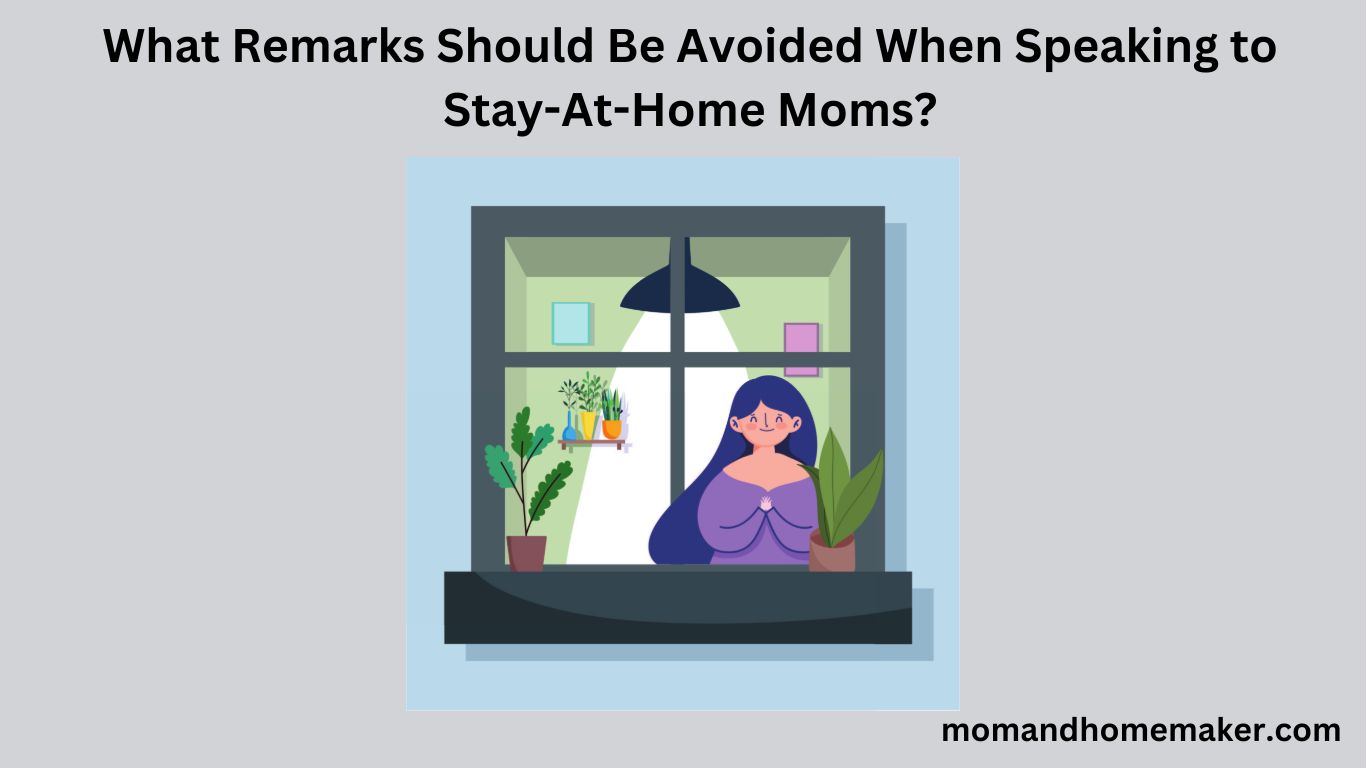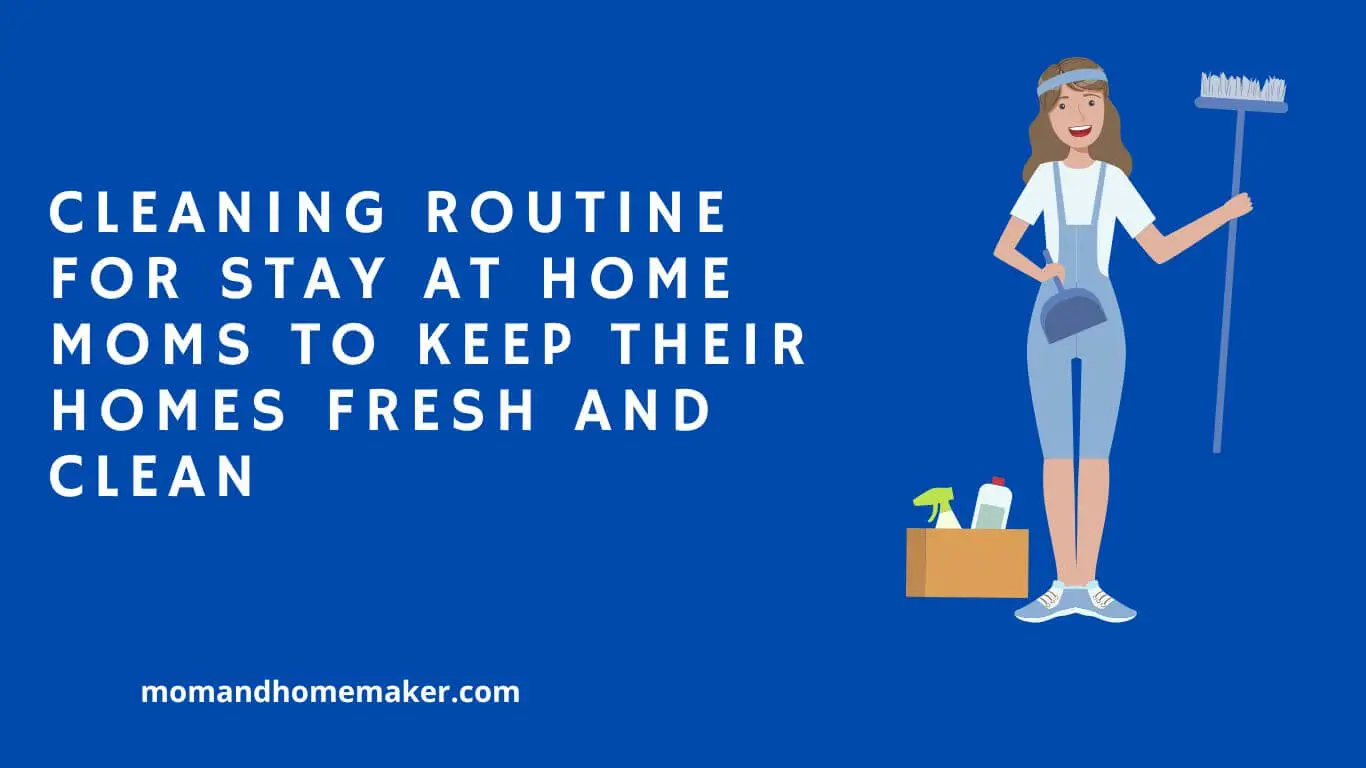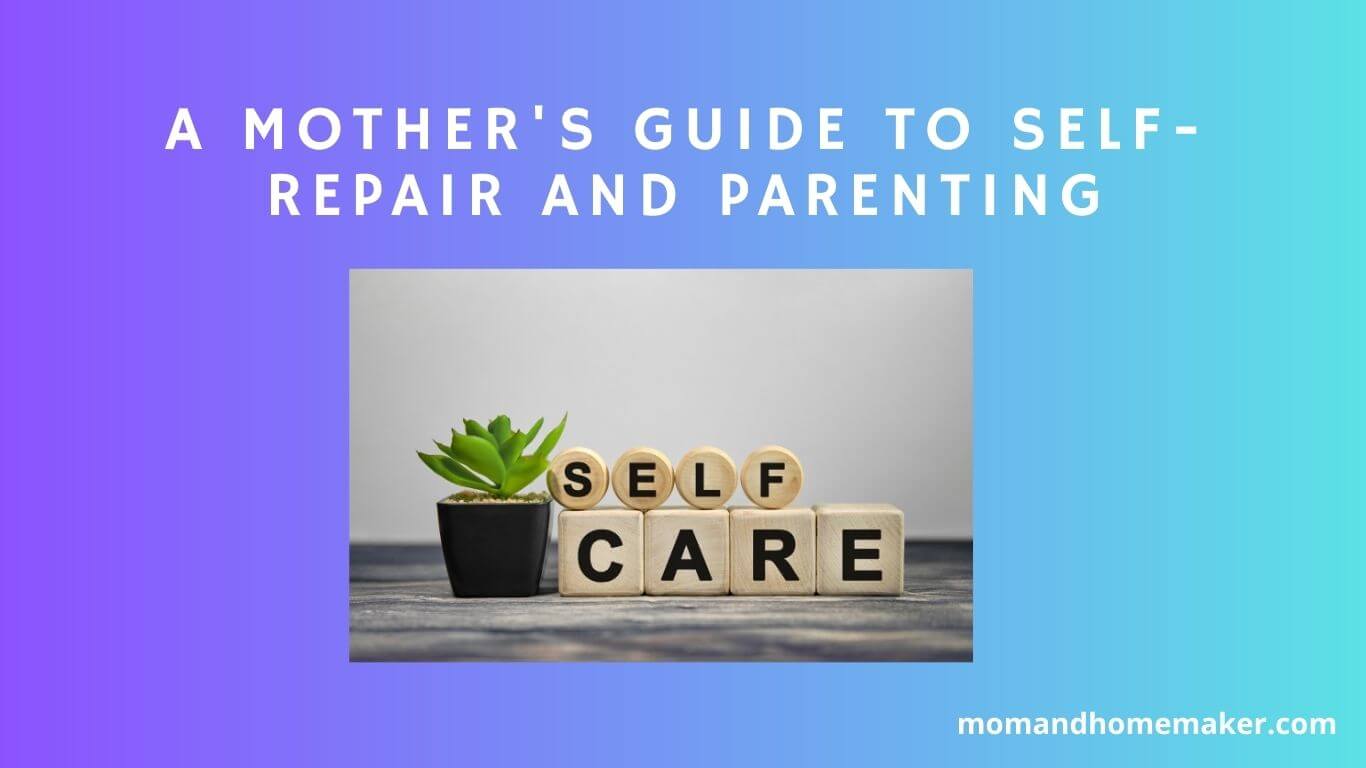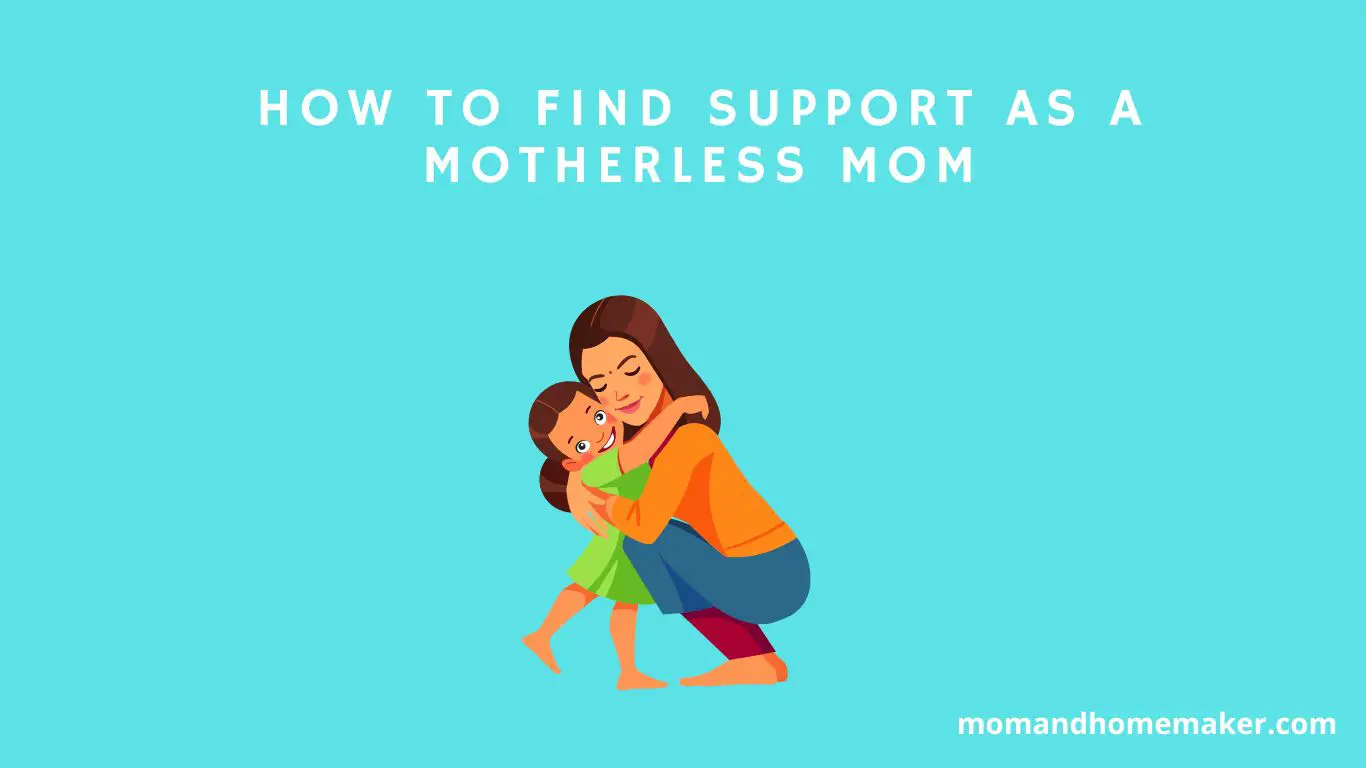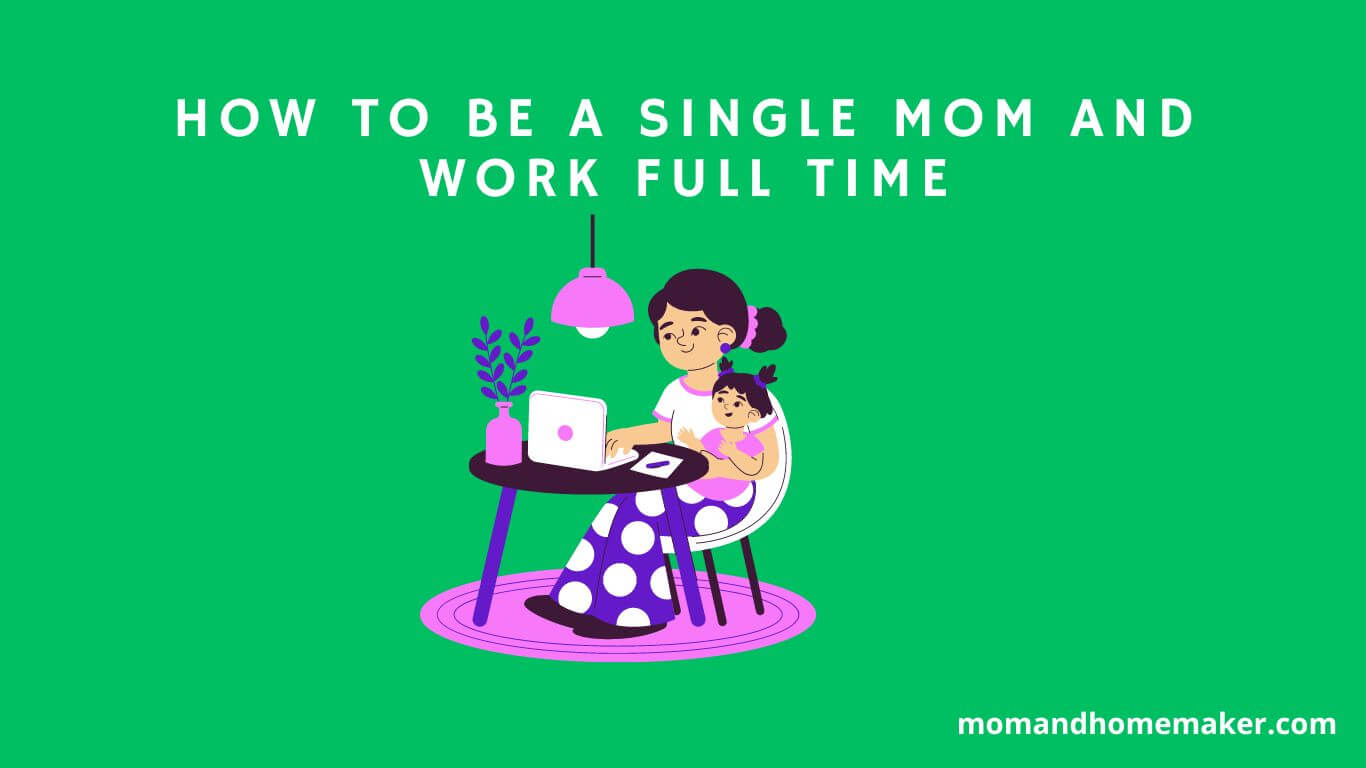When talking to stay-at-home moms, it’s important to be mindful of the comments you make to avoid any misunderstandings. Criticizing how they choose to spend their time or belittling their crucial role is best avoided.
Making judgments about their decisions, commenting on finances, or criticizing how they manage their household can be sensitive topics.
It’s also wise to be cautious when comparing them to working moms or insinuating a lack of ambition. Remember to show appreciation for their value and contributions without making insensitive jokes or remarks.
Keep in mind that your words can greatly impact how stay-at-home moms perceive their role and worth.
Avoiding Comments on How They Spend Their Time
When interacting with stay-at-home moms, it’s important to appreciate and respect their time management skills and daily routines without passing judgment.
Being a stay-at-home mom involves handling various responsibilities and tasks throughout the day, often requiring careful planning and organization.
Avoid making comments that diminish the importance of how they spend their time at home. Each stay-at-home mom has a unique daily schedule tailored to suit her family’s needs.
Some may focus on household chores, while others may prioritize engaging in educational activities with their children.
Regardless of their time allocation, it’s crucial to recognize and acknowledge the effort and dedication they put into creating a nurturing environment for their family.
Understand that time management for stay-at-home moms is multifaceted. Their days are filled with a range of tasks, from caring for children and managing household duties to possibly pursuing personal interests or side projects. Each moment is valuable, and every decision they make contributes to their family’s well-being.
Refraining From Undermining Their Role
To genuinely support stay-at-home moms, it’s important to acknowledge and respect the significant role they play in their families and communities.
Recognizing the value of their contributions is essential in understanding the hard work and dedication required to run a household and raise children.
By showing appreciation for their role, we empower stay-at-home moms to feel confident in their choices and capabilities.
Respecting personal boundaries is also crucial when engaging with stay-at-home moms. Avoid assuming their availability or free time simply because they aren’t in a traditional workplace setting.
Understand that their role is a full-time commitment that demands considerable effort and time. Encouraging them to prioritize self-care is a way to support their well-being.
Empowering stay-at-home moms involves validating their need for personal time and activities that enhance their mental and emotional health.
Steering Clear of Judging Their Choices
When interacting with stay-at-home moms, it’s crucial to support their choices without passing judgment. These moms make decisions based on what they believe is best for their families, and it’s essential to respect their autonomy and individuality within the family dynamic.
Offering words of encouragement and appreciation for the path they’ve chosen can make a significant difference.
Recognizing the effort and sacrifices they make in nurturing their children and managing household responsibilities shows admiration for their dedication.
Instead of criticizing, show empathy for the challenges they face and the emotional labor involved in their daily routines.
Creating a safe and understanding space for stay-at-home moms to share their experiences can strengthen relationships and foster a sense of camaraderie.
By listening without judgment and acknowledging their perspectives, you show support for their role and the choices they make for their families.
Being Mindful of Financial Comments
When discussing finances with stay-at-home moms, it’s important to be mindful of their circumstances and show sensitivity and respect.
Managing a household on a single income can be challenging for many stay-at-home moms, so it’s crucial to offer practical advice on budgeting tips and savings strategies that can genuinely help without being critical.
Avoid making comments that could belittle or dismiss the financial contributions made by stay-at-home moms.
Instead of phrases like ‘You should contribute financially too’ or ‘Do you need to spend money on that?’ which can be hurtful, offer supportive suggestions.
Suggestions that include sharing budgeting tips that have worked for you or discussing savings strategies that could benefit their family, such as ‘Meal planning has helped us cut down on grocery expenses’ or ‘Have you thought about setting up an emergency savings account?’
Avoiding Criticism of Household Management
When discussing household management with stay-at-home moms, it’s important to provide helpful feedback and encouragement instead of criticism.
Managing time and household responsibilities are key parts of their daily routine. Recognize that running a household is a challenging job that involves juggling multiple tasks at once.
Rather than pointing out flaws, offer support and practical advice to assist them in handling their responsibilities effectively.
Avoid making negative comments that diminish their efforts in organizing the household. Acknowledge the hard work they put into creating a loving environment for their family.
If you see areas where improvements can be made, positively offer suggestions. For example, instead of saying, ‘You’re falling behind on chores,’ you could say, ‘I understand how tough it’s to keep up with everything; maybe we can brainstorm time-saving strategies together.’
Respect that each household operates differently, and what works for one may not work for another. Honor their unique approach to managing their home and provide help without imposing your own standards.
By showing empathy and offering practical assistance, you can build a supportive atmosphere that uplifts stay-at-home moms in their daily tasks.
Refraining From Assumptions on Fulfillment
Moving on from discussing household management, it’s essential to avoid assuming what brings fulfillment to stay-at-home moms.
While some may find joy in creating a harmonious home environment, others may seek fulfillment through different avenues.
It’s crucial to recognize that each individual has unique desires and aspirations, and it’s unfair to impose preconceived notions on what should bring fulfillment to a stay-at-home mom.
When interacting with stay-at-home moms, it’s important to be mindful of their work-life balance. Balancing household responsibilities with personal time can be challenging, and assuming that they find fulfillment solely in domestic duties overlooks the complexity of their roles.
Encourage open conversations about how they manage their work-life balance and offer support where needed.
Moreover, personal growth is a significant aspect of fulfillment for many stay-at-home moms. Assuming that they’re content with their current situation may undermine their aspirations for personal development.
Instead, inquire about their interests, goals, and ambitions, and support their journey towards personal growth.
Steering Clear of Dismissing Their Challenges
To offer genuine support to stay-at-home moms, it’s crucial to recognize and address the challenges they encounter.
Providing empathetic validation and attentive listening is key when interacting with stay-at-home moms. By acknowledging their hard work and efforts, validating their feelings of isolation or overwhelm, and offering words of encouragement, we can truly make a difference in their daily lives.
When engaging with stay-at-home moms, it’s important to refrain from dismissing their struggles. Being mindful of the obstacles they face, such as juggling household tasks, childcare duties, and personal needs, is essential.
Instead of underplaying their experiences, extend a listening ear and words of encouragement. Each person’s situation is unique, and what may seem trivial to one individual can be a significant challenge for another.
Being Mindful of Unsolicited Advice
When interacting with stay-at-home moms, it’s important to refrain from giving unsolicited advice. This can be intrusive and disrespectful to their choices and experiences.
Respecting boundaries is key; each individual has unique circumstances, and it’s crucial to honor a stay-at-home mom’s decisions without imposing personal opinions.
Instead of immediately offering advice, actively listen to what the stay-at-home mom is sharing. Sometimes, all they need is a supportive ear rather than unsolicited suggestions.
Showing support for their choices regarding family and lifestyle is crucial. Encouragement can significantly boost their confidence.
If you feel compelled to offer guidance, always ask if they’re open to hearing it first. Respect their response, whether they welcome your input or prefer to handle things in their way.
Avoiding Comments on Personal Appearance
When interacting with stay-at-home moms, it’s important to respect their boundaries by refraining from commenting on their physical appearance.
Stay-at-home moms dedicate their time to caring for their families and may already face societal pressures related to their looks.
By focusing on qualities beyond their appearance, you can create a supportive environment where they feel valued for who they are rather than how they look.
Promoting body positivity is crucial for fostering self-love and acceptance. Your words have the power to shape their self-perception, so avoiding comments on appearance is key when engaging with stay-at-home moms.
By prioritizing meaningful conversations and affirming their worth beyond physical traits, you help them feel appreciated for their contributions as caregivers.
Respecting personal boundaries is essential in any interaction. By not making remarks about a stay-at-home mom’s appearance, you show that you value her as an individual beyond surface-level judgments.
This approach cultivates a space where she can feel comfortable and recognized for her role as a caregiver.
Refraining From Comparing to Working Moms
Comparing stay-at-home moms to working moms can have negative effects on both groups’ experiences and contributions.
While there are differences in motherhood experiences and lifestyles between these two groups, it’s important to handle this topic with care and empathy.
Here are some reasons why avoiding these comparisons is crucial:
- Unique Challenges: Every mother faces her own set of challenges, whether she stays at home or works outside the home. It’s important to recognize and respect the difficulties each group encounters without creating unnecessary competition.
- Different Priorities: Stay-at-home moms and working moms may have different priorities based on their lifestyles. Instead of comparing these priorities, it’s more beneficial to appreciate the diverse choices and paths women take in their journey of motherhood.
- Varied Contributions: Both stay-at-home moms and working moms make valuable contributions to their families and society. Rather than emphasizing one over the other, it’s essential to acknowledge and celebrate the various ways in which mothers positively impact the world.
- Supporting Each Other: By refraining from comparisons and focusing on mutual support, stay-at-home moms and working moms can cultivate a strong community. Encouraging understanding and empathy between these groups fosters a more inclusive and compassionate environment for all mothers.
Steering Clear of Implying Lack of Ambition
When interacting with stay-at-home moms, it’s important to recognize and respect their ambitions and accomplishments outside of traditional career paths.
Avoid phrases that may unintentionally downplay their goals, such as, ‘It must be nice not having to worry about work goals.’
Instead, show genuine interest in their pursuits by asking questions like, ‘What are your current career aspirations?’ or ‘How do you focus on personal growth while managing your daily tasks?’
These inquiries demonstrate that you value their aspirations and understand the multifaceted nature of their roles.
Avoid assuming that stay-at-home moms lack ambition because they prioritize family life. Ambition can manifest in various forms, whether through pursuing educational goals, starting entrepreneurial ventures, or engaging in creative projects.
By acknowledging and celebrating the ambition of stay-at-home moms, you validate their efforts and contribute to a more inclusive and supportive conversation.
Your words have the power to inspire and encourage, so choose them thoughtfully to create an environment where all aspirations are honored and respected.
Being Mindful of Value and Contribution Acknowledgment
To truly appreciate the efforts of stay-at-home moms, it’s important to actively acknowledge and value their contributions in personal and professional spheres.
When engaging in conversations with stay-at-home moms, remember that expressing gratitude and showing support can significantly impact how they feel valued and respected for the essential role they play.
Here are some key points to keep in mind:
- Recognizing Value: Acknowledge the significance of the work stay-at-home moms do. Their contributions are worthy of admiration and recognition.
- Acknowledging Contributions: Take the time to appreciate the specific daily contributions they make, whether it’s managing the household, supporting their partner’s career, or raising children. Each task is valuable.
- Supportive Communication: Use positive and uplifting language when conversing with stay-at-home moms. Your encouraging words can boost their morale and demonstrate that you recognize the effort they put into their responsibilities.
- Expressing Gratitude: Show your gratitude for all that they do. A simple ‘thank you’ can make a world of difference and make stay-at-home moms feel appreciated for their hard work.
Avoiding Insensitive Jokes or Remarks
When interacting with stay-at-home moms, it’s important to avoid making insensitive jokes or remarks. Instead, create a supportive and respectful environment by offering supportive encouragement and understanding.
Recognize and appreciate the value of their role, steering clear of belittling comments or jokes that undermine the importance of their work within the home.
Positive reinforcement and validation are key in showing stay-at-home moms that their efforts are seen and valued.
Rather than joking about how they ‘have it easy’ or comparing their role to a vacation, acknowledge the hard work and dedication it takes to care for a family full-time. Express gratitude for the sacrifices they make and the love they pour into their homes.
Empathy is crucial in conversations with stay-at-home moms. Avoid insensitive remarks that downplay the significance of their work compared to a career outside the home. Understand the challenges they face and the emotional labor involved in their daily routines.
By showing empathy and respect, you can create a supportive environment where stay-at-home moms feel valued and understood.
Conclusion
When speaking with stay-at-home moms, it’s important to be thoughtful in your choice of words to show respect for their decisions and contributions.
Consider a scenario where a stay-at-home mom manages childcare, household tasks, and personal growth, feeling diminished by remarks that suggest she lacks drive.
By being mindful of your comments and expressing gratitude for their hard work, you can offer support and encouragement to stay-at-home moms in their vital roles.

